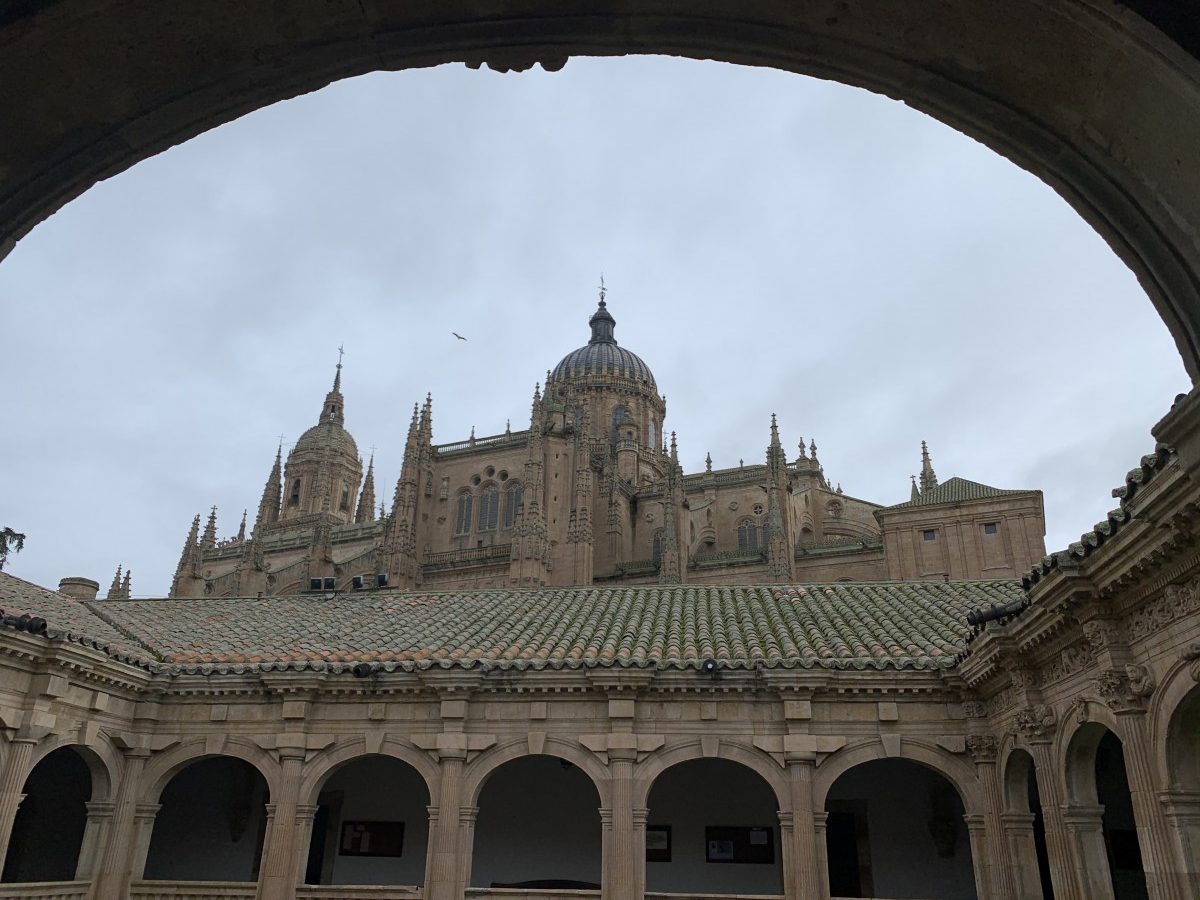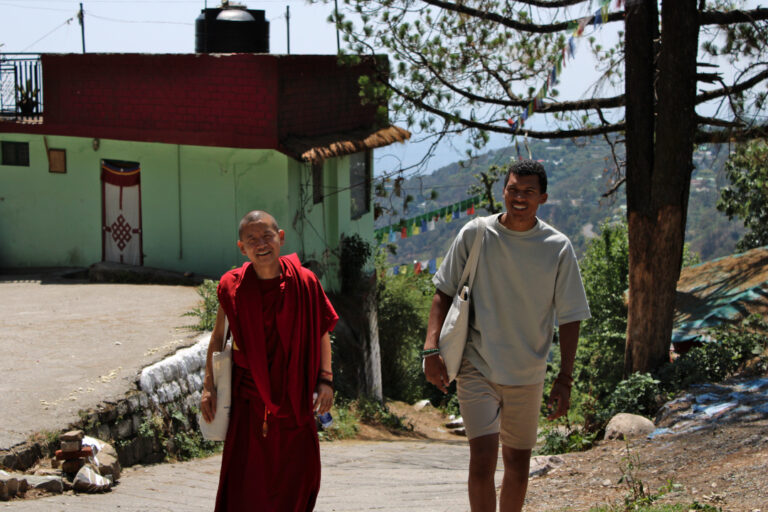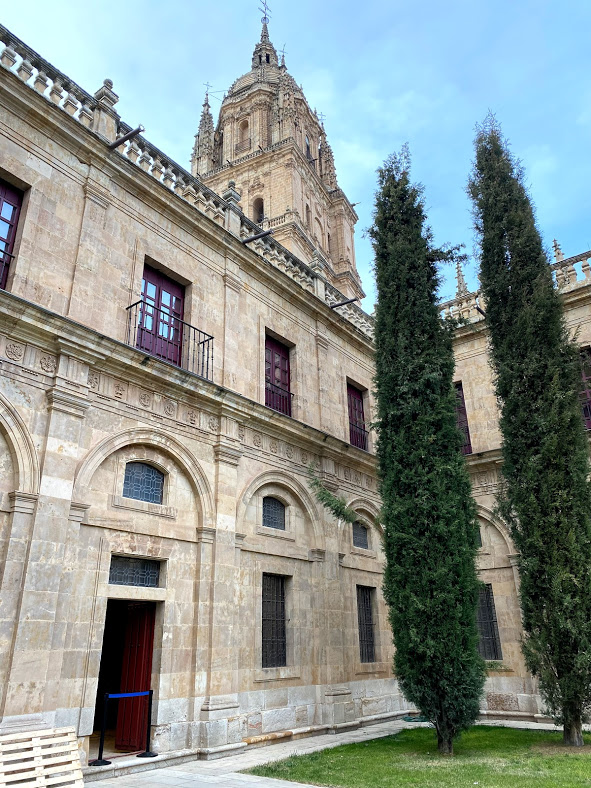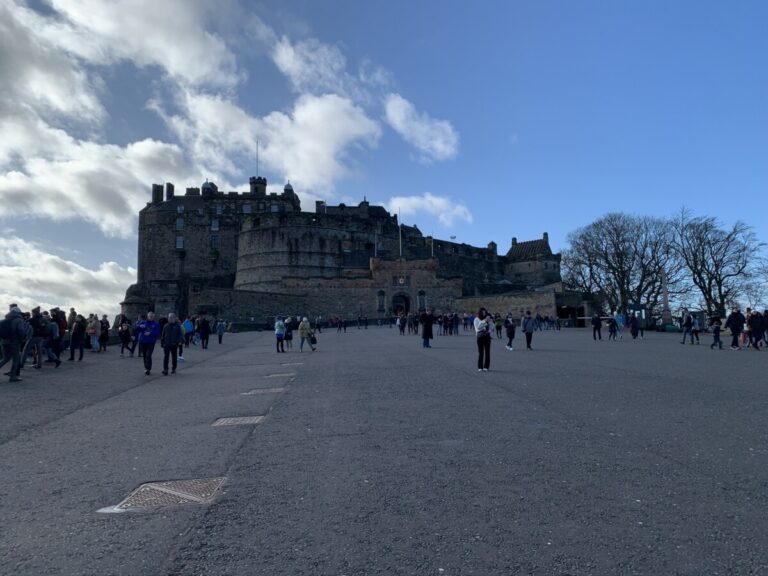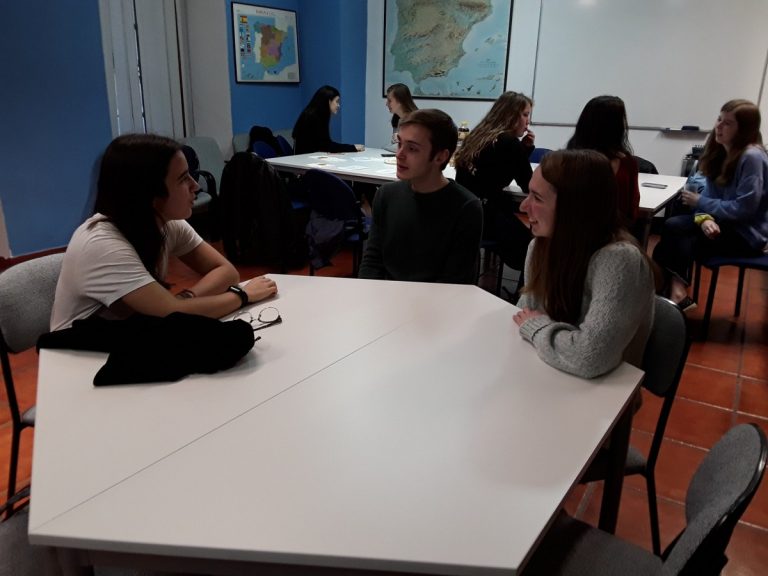Embracing Differences in Salamanca, Spain
by Rose Tehrani | Emory Salamanca Program, Spring 2020
Spain is often deemed one of the most accepting countries regarding issues like race and ethnicity, gender and sexuality, dietary concerns, mental health, religion and spirituality, and political ideologies, among others. Nonetheless, when I found out that I would be living in Salamanca, a city in Castilla y León (one of Spain’s 17 autonomous communities and known to be one of the most conservative), I worried how this would affect my experience. The University of Salamanca, Europe’s third-oldest university, however, makes the city a cosmopolitan center where students go to cherish its rich cultural history. Thus, I was thrilled to be surrounded by a community of students from different cultural upbringings, from both Spain and other countries around the world. Although this didn’t stop me from heavily researching beforehand what it was like to be “LGBTQ+,” “vegetarian,” “mixed,” etc., in Salamanca, when I arrived, I realized that no matter how much research I did, nothing could’ve prepared me for the ways I would experience “diversity” and “identity” in Spain, topics that are viewed extremely different than how they are in the US.
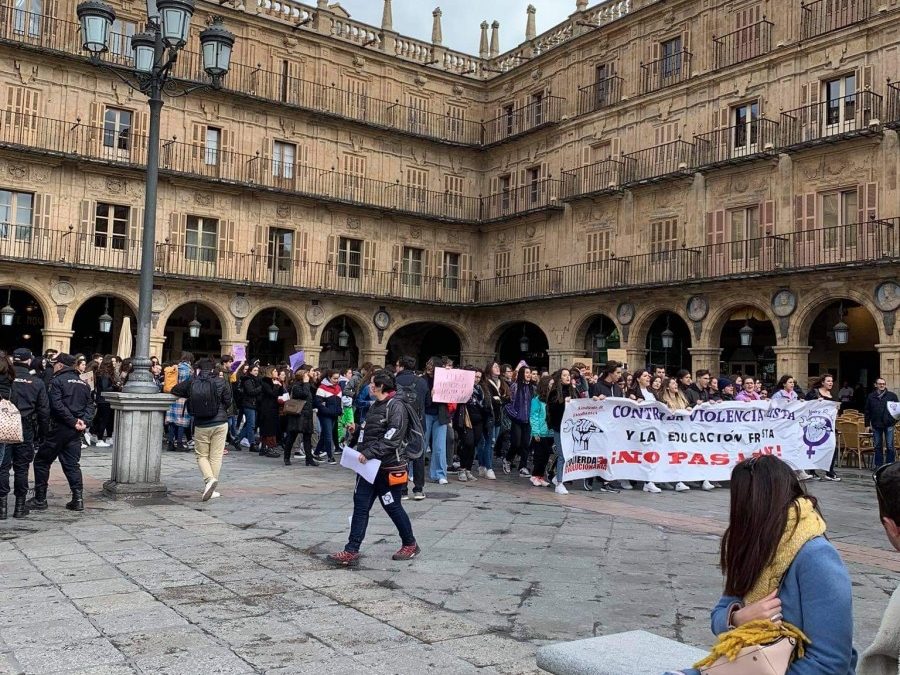
I was surprised by how many of the issues tip-toed around in the US are not taboo in Spain. I was often asked by peers and my host mom why I didn’t look like “other Iranian people” they had seen before or how it was possible I could be American yet speak more than one language. I know they didn’t have bad intentions, but sadly, I wasn’t accustomed to this sense of curiosity, honesty, and desire to listen and actively acknowledge difference without putting others down. In Spain, “diversity” is often viewed in terms of political ideology, religious values, the languages spoken (Spain has four co-official languages), and the comunidad autónoma (autonomous community) in which one lives. Spaniards are frank in their expression, and they don’t view conversations on topics like race uncomfortable. Of course, not all my experiences were positive, though. I remember seeing a TV program with blackface and asking others why they thought it was “funny,” and my teacher telling me to “go to the McDonalds down the street” when I told them I missed my dad’s food. In Spain, differences in identity are viewed as something that makes one unique, which is both empowering and alienating.
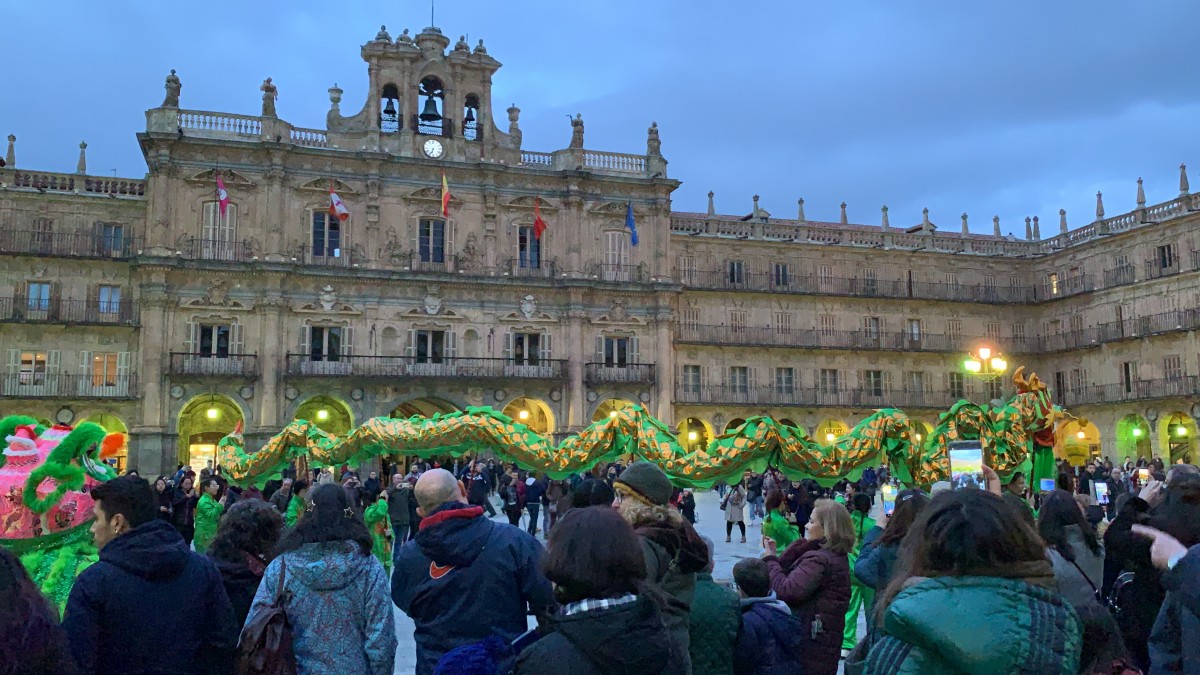
Nonetheless, it’s important to acknowledge that up until a few decades ago, there were just about no BIPOC, immigrants, or openly LGBTQ+ individuals in Spain. When I was in Salamanca, the other international students and Spaniards I met were willing to have conversations on topics the US fears confronting. Spain is a country of transition regarding politics, religion, economics, and demographics, and despite some negative experiences, the people I met, old or young, Spanish or international, were more than willing to listen to others’ stories. Like many countries, Spain is not perfect, but it’s changing, and with change comes friction and patience. I was amazed by the strong presence of women’s marches, social justice organizations at the university, and Chinese New Year celebrations in a small city like Salamanca. So, more than anything, I’m grateful to have experienced this change and hope to return and connect with others by acknowledging and embracing our differences.

